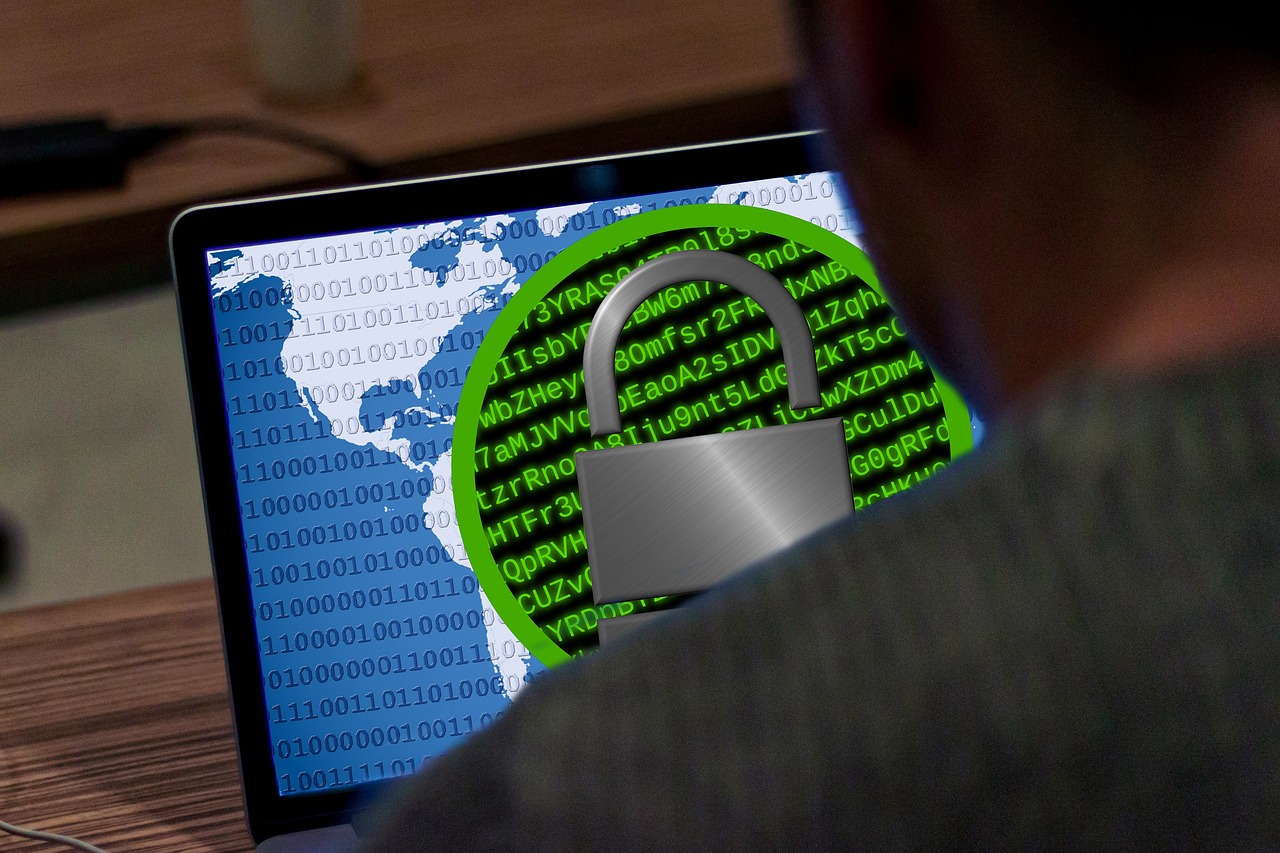Navigating the NFT City Discovery Challenges: A Global Perspective

In the rapidly evolving realm of digital assets, Non-Fungible Tokens (NFTs) have emerged as a groundbreaking innovation, transforming how we perceive ownership in the digital age. As cities across the globe explore integrating NFTs into urban landscapes, they face a set of unique challenges that require careful navigation. This article delves into these challenges, offering a comprehensive view of the NFT city discovery landscape.
NFTs, essentially unique digital certificates stored on blockchain technology, have found applications in various sectors, including art, music, and real estate. As cities aim to become ‘smart’ by leveraging technology for improved infrastructure and services, NFTs present both opportunities and challenges. The integration of NFTs into urban ecosystems is a complex endeavor that involves technological, regulatory, and social dimensions.
Technological Hurdles in NFT Integration
One of the primary technological challenges cities face is ensuring sufficient infrastructure to support blockchain technology. This involves:
- Scalability: Cities must ensure that their digital infrastructure can handle the vast amount of data associated with NFTs. The current blockchain platforms need further development to scale efficiently in an urban context.
- Interoperability: Different blockchain platforms may not communicate seamlessly with one another, creating silos of information that hinder the exchange and utility of NFTs across platforms.
- Energy Consumption: The environmental impact of blockchain, particularly the energy-intensive nature of proof-of-work protocols, poses a significant challenge for cities aiming to reduce their carbon footprint.
Regulatory and Legal Frameworks
Another pressing issue is the lack of comprehensive regulatory frameworks governing NFTs. Cities must work with national and international bodies to establish clear guidelines. Key considerations include:
- Intellectual Property Rights: Establishing clear ownership and intellectual property rights for digital assets is crucial to prevent fraud and disputes.
- Taxation: Determining how NFTs should be taxed is a complex issue, with implications for both creators and purchasers.
- Data Privacy: Cities must ensure that NFT transactions comply with data protection laws to safeguard user information.
Social and Economic Implications
The integration of NFTs into urban environments also raises social and economic questions. These include:
- Digital Divide: There is a risk that NFT technology could exacerbate existing inequalities, with those lacking access to digital resources being left behind.
- Market Volatility: The speculative nature of NFTs can lead to market volatility, posing risks for individuals and institutions investing in digital assets.
- Community Engagement: Cities must foster community involvement and education to ensure that the benefits of NFTs are accessible to all residents.
Global Context and Collaboration
Globally, cities are at different stages of NFT integration, with some leading the charge while others proceed cautiously. Collaboration and knowledge-sharing among cities can accelerate progress and mitigate challenges. Initiatives such as the Blockchain Cities Alliance aim to facilitate this exchange of information and best practices.
Furthermore, international organizations, including the World Economic Forum and the United Nations, are exploring the potential of blockchain and NFTs in sustainable urban development. By aligning with global standards and objectives, cities can harness the power of NFTs to enhance urban life.
Conclusion
The path to integrating NFTs into urban environments is fraught with challenges, yet it holds immense potential to reshape how cities operate and engage with their citizens. By addressing technological, regulatory, and social hurdles, cities can unlock new opportunities for innovation and sustainability. As we navigate this uncharted territory, collaboration, transparency, and inclusivity will be key to realizing the full potential of NFTs in the urban landscape.















